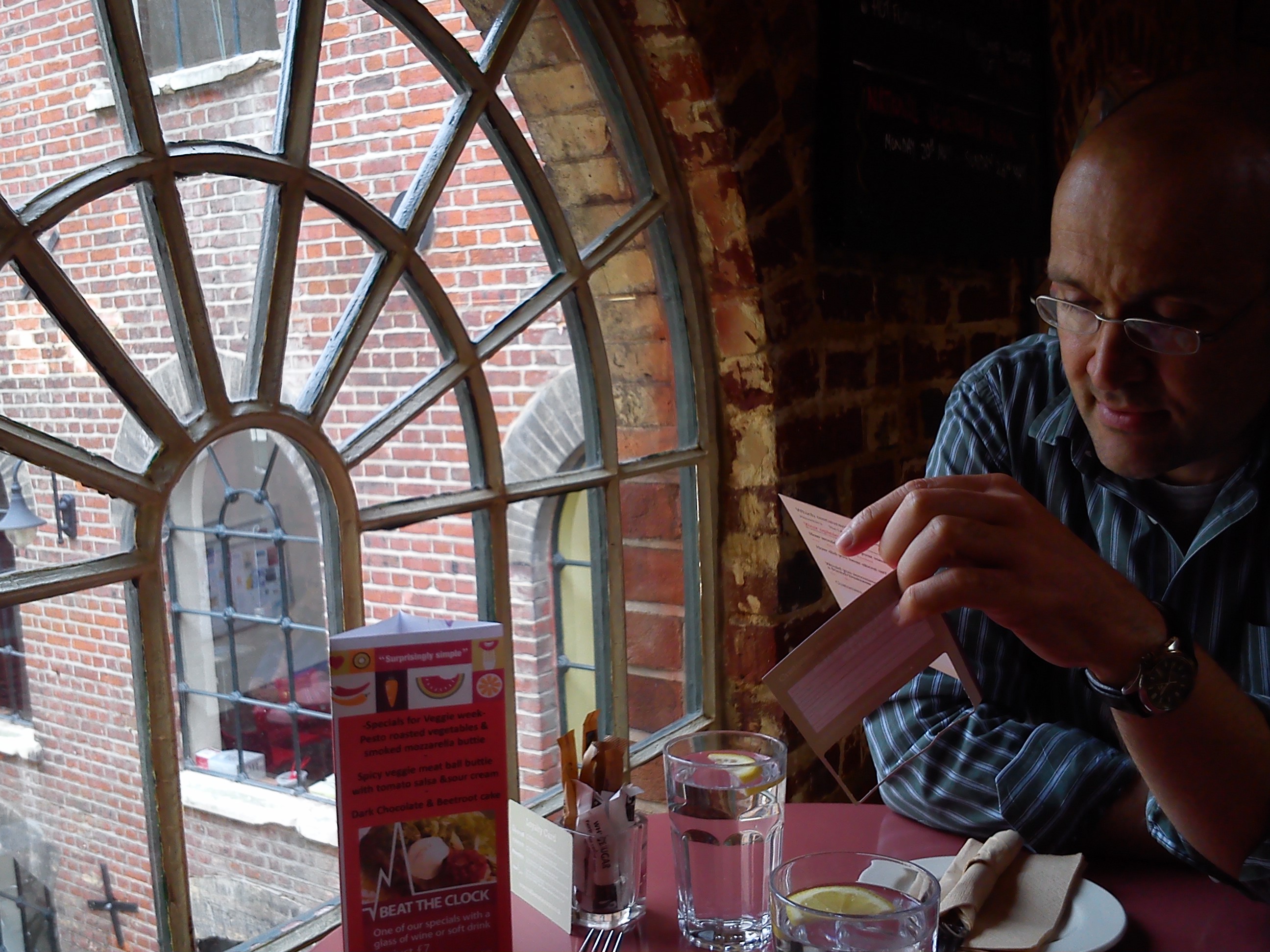I have been a Baptist Minister for nearly sixteen years – eleven of those have been spent as minister of a local church. I clearly remember the tumultuous days of exploring and testing my calling: had I heard God correctly? Was the Lord really calling me away from a dynamic teaching ministry among 1,100 young people and 200 staff? Could the five members of my close family cope with a 59% cut in household income? What would life be like without the structure and order of ‘normal’ employment? What does it mean to ‘hold an office’ rather than ‘be an employee’?
An excellent volume called, The Church Leaders’ Handbook (CLH), enhanced my initial understanding. Derek Tidball – then principal of the London School of Theology – said of the book, ‘There’s nothing available to compare with it.’ In broad and simple terms, CLH explains that there are five key parts of church based ministry:
- Preaching and teaching
- Praying and worshipping
- Evangelizing
- Managing the running of the church (with the leadership team)
- Pastoral care
This was very helpful to me as I first took up the office of minister. As the years have passed by, I’ve found it increasing helpful to look at church based ministry from a slightly different perspective: specifically, as having three distinct layers. Each ‘layer of ministry’ rests upon the working week and, cumulatively, the layers dictate the structure, tasks, necessities, challenges, and rhythm of each week. I’ve called the layers: Spiritual, Regular and Node.
The Spiritual Layer was underlined and emphasised for me by Revd Roy Searle from the Northumbria Community during his tenure as Baptist Union President. He made a simple statement: church based ministers are in a unique position to pattern a spiritual lifestyle. Roy went on to say that ministers curse their congregations when they try to ‘out-busy’ the busiest people of the congregation. Such behaviour implies that we live worthwhile lives and minister in a worthwhile way by our own strength and by our own mettle. This is completely untrue. Anything of eternal value emanates from the grace of God.
With such things in mind, the foundational layer of any minister’s week must be prayer and Bible study. For me, this takes the form of a mixture of liturgical and ex temporal prayer, daily readings and journaling. I begin each day with an extended version of the Lord’s Prayer, followed by a time of study and reflection on the Scriptures. During the course of the day, I have a time of silent meditative prayer – very much a time of listening. At the end of each day, I use the Northumbrian Community’s ‘office of compline’.
The Regular Layer is comprised of the things that happen in churches every week: Monday begins with a staff team meeting and often ends with a leaders’ meeting of some kind; Tuesday is a sacrosanct sermon writing day; Wednesday sees some administrative tasks fulfilled; Thursday morning has a service planning meeting; Saturday sees more work on the sermon and service; Sunday has two services.
The Node Layer is by far the most expansive and difficult to define. Indeed, I coined the term ‘node layer’ in an attempt to create a definition! Anyone who has a job that involves meeting ‘clients’ or ‘stakeholders’ will understand the concept of regular get-togethers with a variety of people, for a variety of purposes. The terms ‘client’ and ‘stakeholder’ fail to pleasantly or accurately sum up the types of meeting that a minister engages in. However, the term ‘node’ is defined as follows: ‘a point in a network where pathways intersect’; and, ‘the part of a plant stem from which one or more leaves emerge’. I like the way that these definitions include the intersection of pathways that is so much a part of Christian fellowship, and the emergence of leaves that symbolises blessing and growth.
The minister’s week contains numerous ‘nodes’: meetings/activities that are founded in Christian fellowship and that look towards growth and blessing. These ‘nodes’ encompass a considerable range of activities: pastoral care, meetings with local ministers, meetings with local organisations and charities, planning initiatives and projects, chaplaincy work, training and learning sessions, discussions, speaking at events, etc. As each week approaches, the time slots left untouched by the Spiritual Layer and the Regular Layer are filled with the meetings that make up the Node Layer.
The minister is required to manage his or her time carefully. It’s not a great blessing for a church to have a burnt out minister or one who is entirely disconnected from the blessings of family life and rest. As a basic means of managing time, ministers are encouraged to divide each week into 21 slots (one each for the morning, afternoon and evening sessions of each day). Working 10 slots out of 21 equates to a 5-day working week. The expectation of a minister is that he or she will work 12 slots out of 21. In actuality, this number is often exceeded.
The nature of team ministry is such that more ministers does not equate to each minister working less hours. The Node Layer grows for each minister, in line with specialized giftings.




